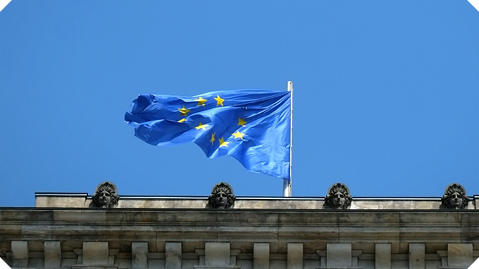
Global Data Hub
1. April 2021
Data transfers – will Asia lead the way?
Jo Joyce looks at the development of data transfer laws in Asia, focusing on six major jurisdictions.
1 von 6 Insights

Global Data Hub
1. April 2021
Dealing with cross-border transfers and other data protection issues in M&A deals
Chris Jeffery looks at data transfers and other issues in the context of M&A deals.
2 von 6 Insights

Global Data Hub
1. April 2021
EDPB guidance on data transfers to third countries in wake of Schrems II
Debbie Heywood looks at the EDPB recommendations on supplementing data transfer tools to help protect personal data exported to third countries.
3 von 6 Insights

Global Data Hub
1. April 2021
How to keep clinical trial data flowing under GDPR and after Brexit
Debbie Heywood looks at cross-border transfers of clinical trial data in the UK and the EU.
4 von 6 Insights

Global Data Hub
1. April 2021
The new draft Standard Contractual Clauses – legal certainty for data transfers?
Paul Voigt looks at the pros and cons of the new draft SCCs.
6 von 6 Insights

Zurück

